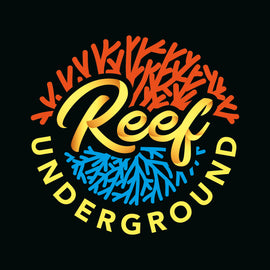Description
Easy to use, accurate and one of the most popular test kits on the market.
Made in Holland
Up to 100-200 Test (depending on low-high results)
Calcium alone cannot form the skeletal material of corals and allow calcareous algae to grow. Some other substances are needed as well. A few other constituents are carbonate and bicarbonate. These two substances also have a major impact on the stabilization of the pH in the proper range of 8.1 – 8.4. Such stabilization is also called buffering.
The total carbonate and bicarbonate concentration is also called carbonate alkalinity or carbonate hardness. The only difference between alkalinity and carbonate hardness is a conversion factor.
NSW has an alkalinity of approx. 2.7 meq/L or approx. 7.5 dKH when expressed as carbonate hardness.
For a stable system the alkalinity or carbonate hardness should have a value similar to NSW or slightly higher and should preferably not fluctuate by more than 5%. This means a maximum fluctuation of 0.14 meq/L or 0.4 dKH.
Therefore an alkalinity test kit should be capable in measuring in steps smaller than 0.14 meq/L.
Conclusion:
Since the major buffer components used for coral and calcareous algae growth are bicarbonate and carbonate, they should be added to correct any decrease in alkalinity or carbonate hardness.
A proper formulated buffer should function in such a way that the corrective measures results in a long lasting effect and should not upset the pH of the system. The alkalinity or carbonate hardness should be kept as stable as possible requiring highly sensitive and accurate means for testing.
The Salifert KH/Alk test is very straightforward. It measures in sufficient small steps of 0.1 meq/L or 0.3 dKH with a sharp color change. This makes detection of important yet small change possible.
The kit can perform approx. 100 - 200 measurements.


